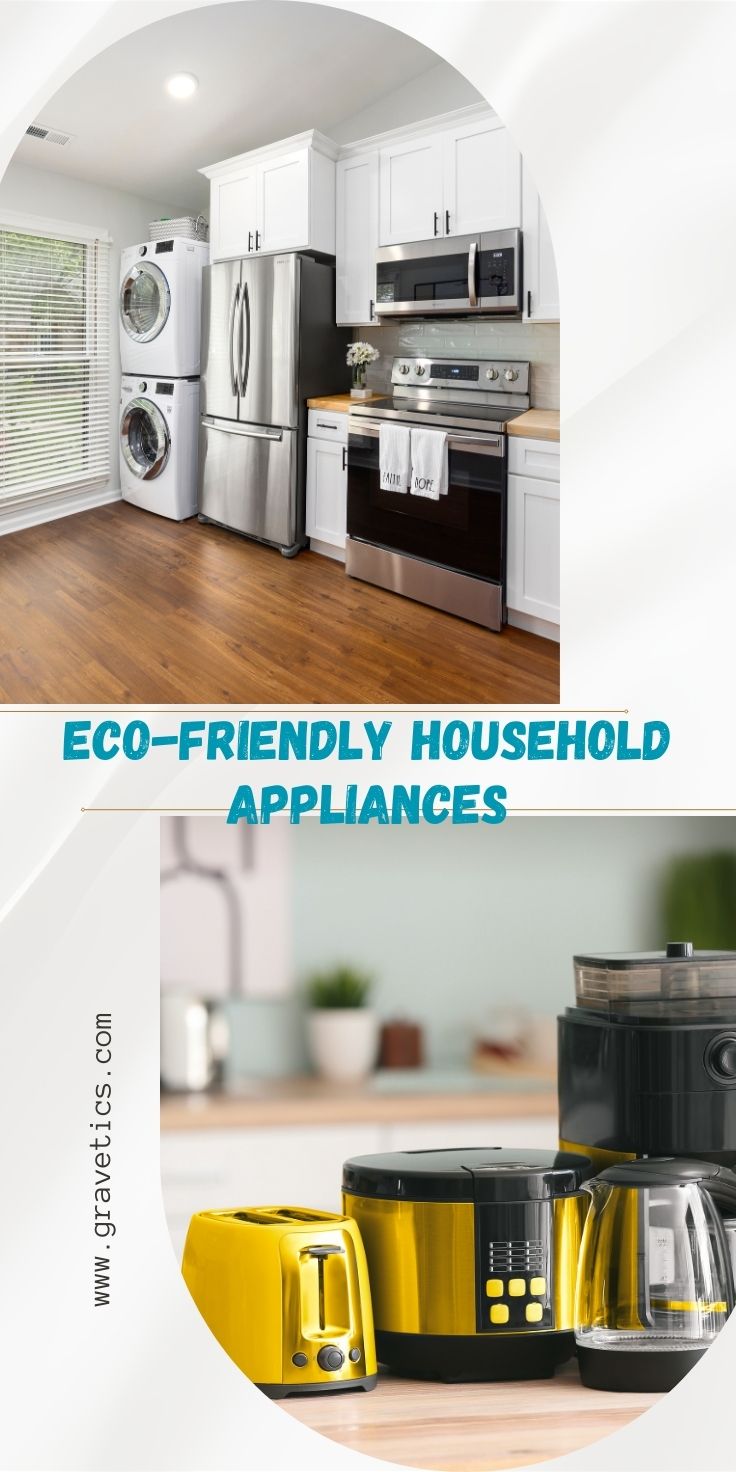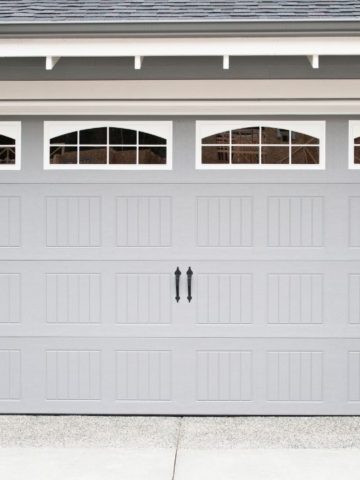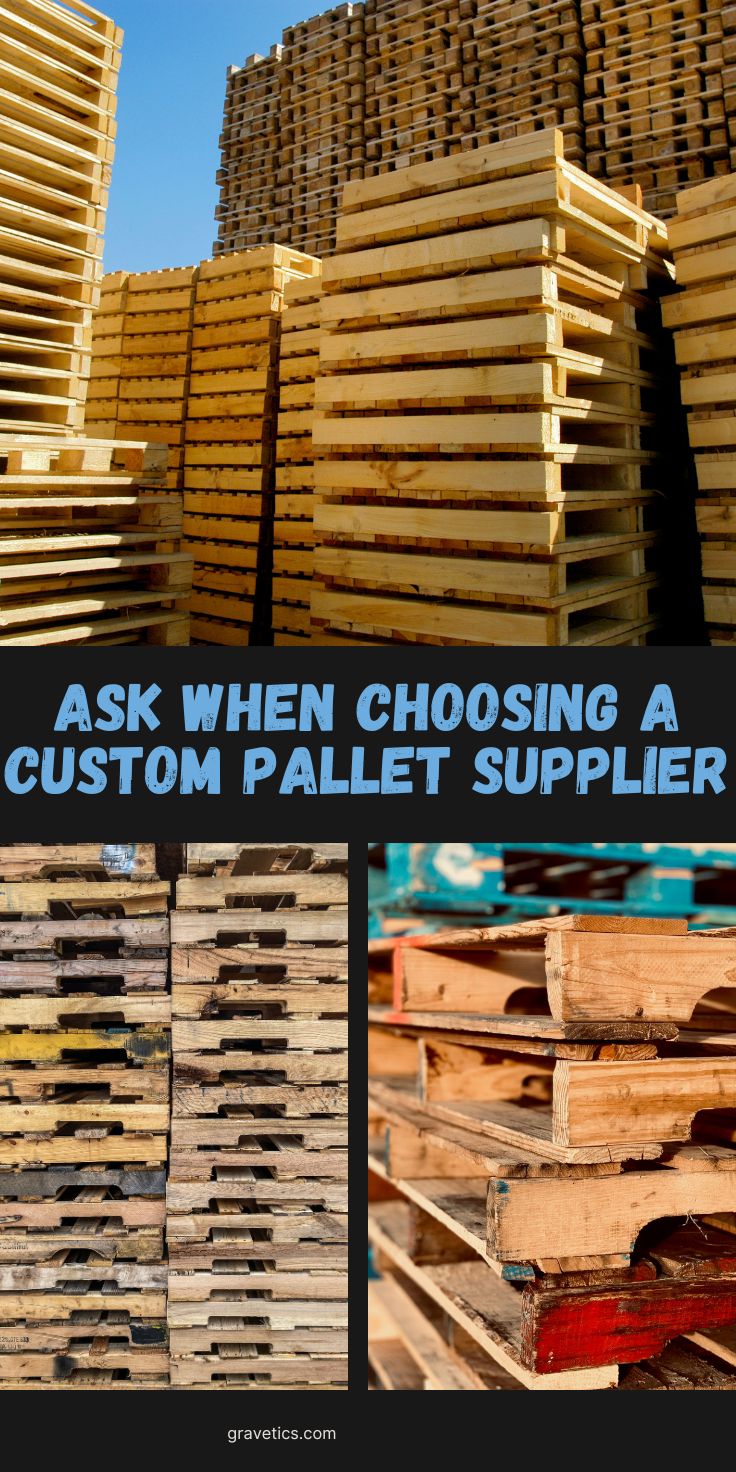Most households install a heating system to ensure their homes are sufficiently warm and comfortable during cold seasons such as winter. Imagine your heating system breaking down during a storm, rendering your home extremely cold. Is there a chance that you could have avoided the sudden breakdown by repairing your heating systems beforehand? Did you miss out on the signs of your heating system requiring repair?
If there is an issue with your home’s heating system, do not hesitate to seek out professionals to inspect it, diagnose the problem properly, and resolve it. Go for a reputable heating repair cross junction company as it’s dangerous to disassemble heating systems on your own, especially if you don’t understand how they operate. Mishandling a heating system could lead to injuries or even cause a fire.
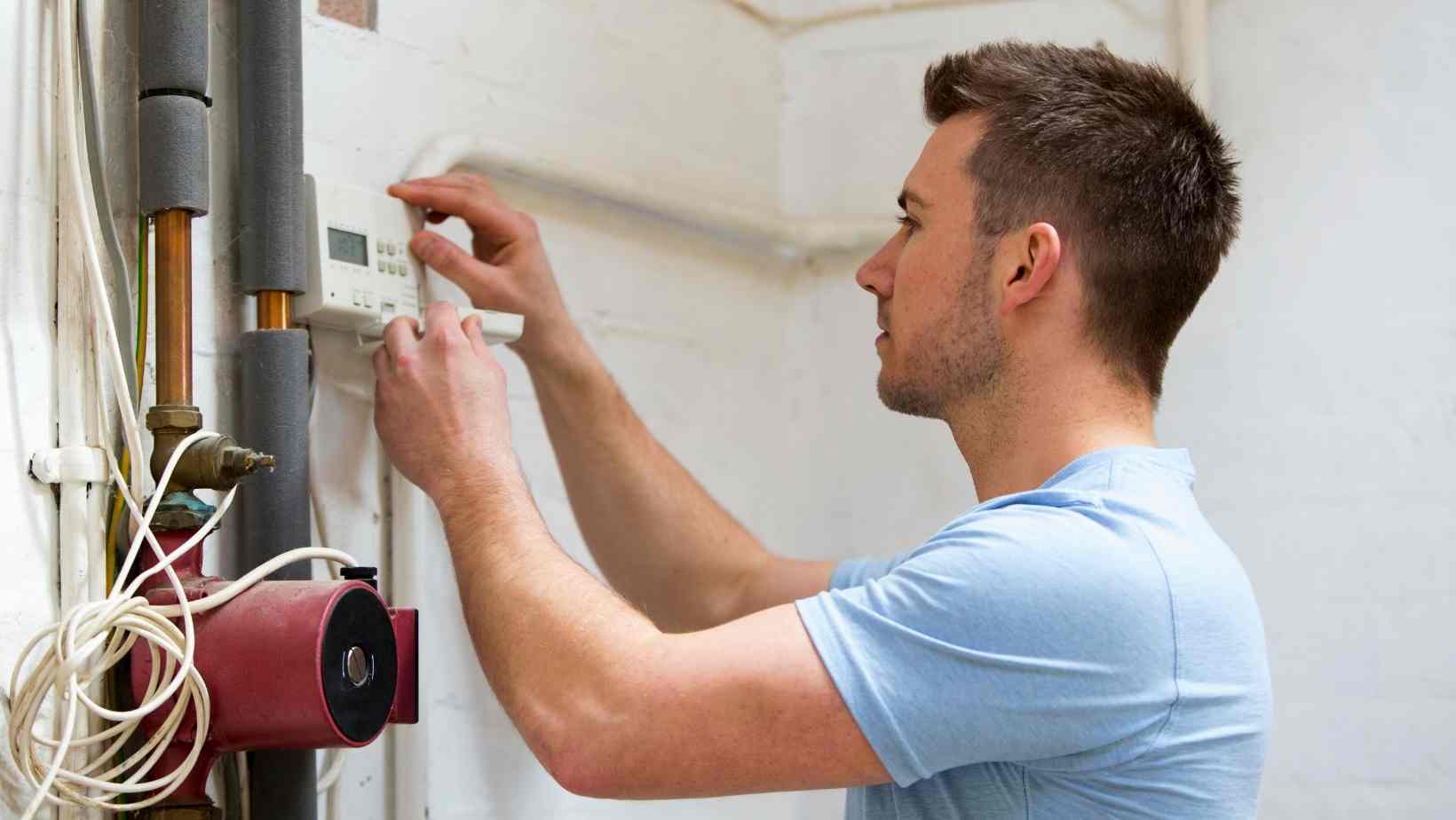
To prevent a sudden breakdown of your heating appliance at an inopportune moment, look out for these signs:
Jump to:
1. Reduced Efficiency
A new heating system or one that is in good working condition will heat your home efficiently with no hiccups. You’d know that there’s reduced efficiency if you observe the following:
- Your Home Not being Warm Enough: A heating system is supposed to heat your home according to your desired temperature. A failing system won’t fully heat your home. You may find yourself constantly adjusting the thermostat just to warm up your home to the barest minimum. This is a sign that it needs to be checked out. Another indication to watch out for is cool air coming from the heating system.
- Your Heating System Takes Time To Warm Your Home: Depending on the type and model of your heating system, it might take a minimum of one or two minutes to heat your home. If its standard heating time extends to five or ten minutes, then something is wrong with your heating system.
- Uneven Heat Distribution In Your Home: If some spaces in your home are warm while others are cold after your heating system has been turned on, it could be a warning sign. A heating system should evenly distribute heat across all the spaces in your home. All the areas should have equal temperatures and should measure up to the set temperature. Uneven heat distribution could be a sign that the ductwork of your heating system isn’t well-insulated and needs to be checked and repaired.
- Short Cycling Of Your Heating System: A heating system works by increasing the heat to the set temperature. If the system overheats, it automatically switches off to allow cooling and turns back on when the system cools. The intermittent switching on and off of your heating system is known as short cycles. However, if your system keeps going on and off, it could be a sign of an underlying problem, such as an oversized system or dirty filters. Although filters are easy enough to clean or replace, it takes a specialist to identify potential problems and fix them before they get any worse.
- Need to Constantly Adjust The Thermostat: With an efficient heating system, you need to adjust its settings only twice a day, in the morning and at night. If you find that you have to keep adjusting your thermostat several times a day, there could be a problem with your heating system.
2. Unusual Operating Characteristics
Operating characteristics, in this case, refer to your heating system’s behavior as it runs. Unusual operating characteristics signifying possible issues are as follows:
- Strange Sounds: If your heating system is functioning properly, it would make a low, humming sound as you turn it on or off. If your system starts making a loud or disturbing sound, it’s a telltale sign that something’s wrong. A loud rattling sound could indicate a loose component. If you hear a squeaking sound, there could be an issue with the system's motor bearings. If you want your heating system to be in tip-top condition, do not ignore these unusual sounds.
- Weird Smells: When you initially turn on your heating system, a slight smell commonly wafts in the room. This smell should dissipate in a few seconds. But if a weird odor (like burning rubber or plastic) persists for some time, it could be a sign of a problem. A burning smell may signify a broken component or an issue with the filter.
3. Higher Energy Bill
If you notice a drastic increase in your energy bill but without a recent addition to your electrical appliances, then your heating system could be the culprit. You may not be aware of this, especially if you’re not the one paying the bills. So, gather up your previous bills, compare them, and see if there’s an unusual spike. An increased energy bill could mean your heating system is consuming a lot of energy to warm up your home. This is a sign of inefficiency, and you should have the system checked out immediately.
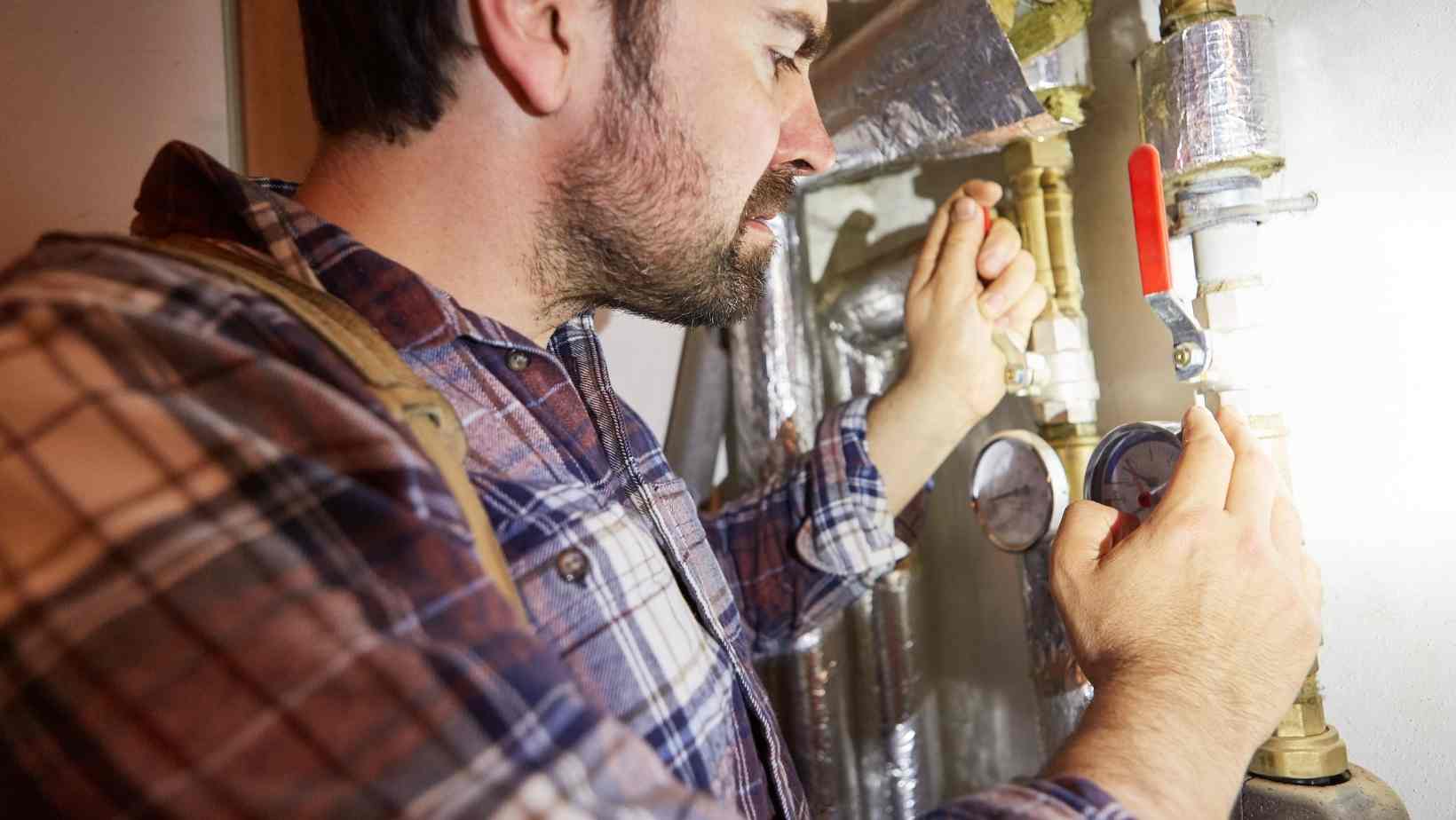
4. Poor Indoor Air Quality
Poor indoor air quality is characterized by increased dust in your home, even with regular cleaning of your home. If the filters of your heating system become clogged or have too much build-up, it won’t be able to trap the dust in your home. Consequently, dust and other allergens will circulate in your home, affecting air quality. You need to have the filters replaced regularly to prevent air pollution in your home that could lead to respiratory diseases or aggravate existing ones, such as asthma.
5. Yellow Burner Flame
A change in the color of the burner flame could be a sign of a heating system problem if you use a furnace for your heating system. A regular furnace burns with a non-luminous blue flame. A furnace burning with a luminous yellow flame is a sign of contaminants in the air. These contaminants could be rust, carbon monoxide, or dust. A yellow burner flame indicates that the heating system isn’t properly filtering the air around your home, and you should have it inspected.
Conclusion
An efficient heating system should serve you for a good many years without breaking down. Having your system regularly checked by professionals ensures the longevity of your heating system. Consider replacing your heating system if it has lasted for more than 20 years or has undergone a series of repairs. Replacing your heating system also allows you to upgrade to an advanced heating system that’s more energy-efficient, thereby reducing your utility bill. Whether you decide to keep your old one or get a newer model, see to it that your appliance is well-maintained for it to last a long time. As they always say, an ounce of prevention is worth a pound of cure.


